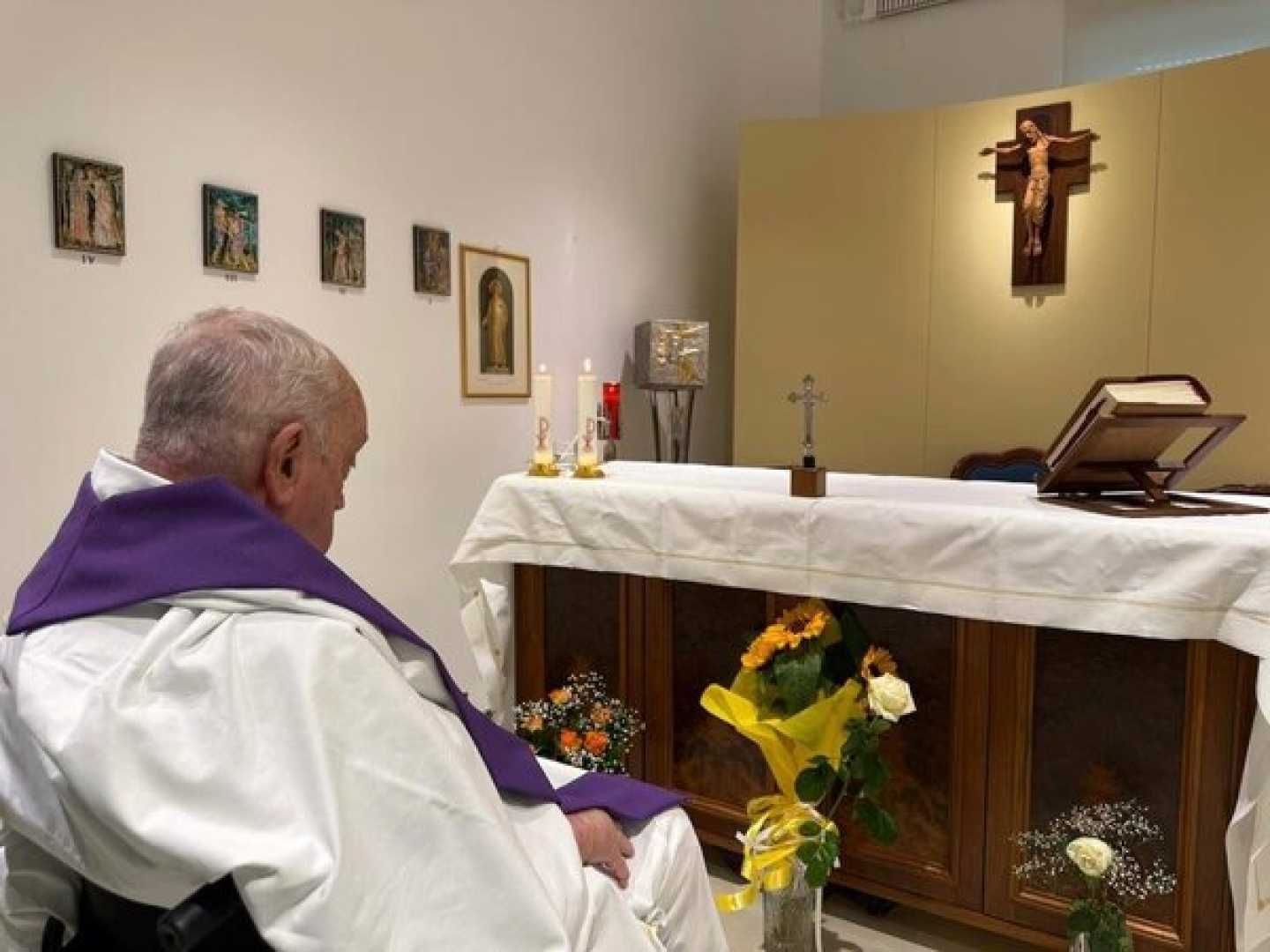World
Pope Francis Passes Away at 88, Leaving Lasting Legacy of Compassion

VATICAN CITY (AP) — Pope Francis, who marked his leadership with a profound commitment to compassion and reform, died on April 21, 2025, at the age of 88. His passing at 7:35 AM marks a significant moment in the history of the Catholic Church, as he leaves behind a legacy marked by numerous groundbreaking actions and teachings.
During his 12-year pontificate, which began on March 13, 2013, Pope Francis became known for his emphasis on mercy, outreach to marginalized communities, and efforts for interfaith dialogue. His election was notable not just because he was the first pope from the Americas but also for his emphasis on simplicity and humility, often seen in his choice to reside at Casa Santa Marta instead of the papal apartments.
His early years as pope were characterized by a series of significant reforms and initiatives. Among these was the establishment of the Council of Cardinals intended to advise him on Church governance. This council was crucial in drafting his apostolic constitution ‘Praedicate Evangelium,’ which restructured the Roman Curia, emphasizing missionary conversion and inclusivity.
Pope Francis profoundly shaped the direction of the Catholic Church’s engagement with social issues, particularly regarding poverty, migration, and environmental concerns, encapsulated in his landmark encyclical ‘Laudato si.” In it, he called for urgent action on climate change and highlighted the interconnectedness of all creation.
Beyond his administrative reforms, the pope arranged unprecedented meetings with various religious leaders, echoing his commitment to unity. Notably, he met with the Grand Imam of Al-Azhar, strengthening dialogue with Islam, and engaged in discussions with various world leaders to promote peace and reconciliation.
His tireless advocacy for refugees and migrants is exemplified by his visit to Lampedusa shortly after his election, a poignant reminder of the dire plight faced by many. As conflicts erupted globally, including in Ukraine and Gaza, he used his platform to call for peace, often denouncing the arms trade.
Despite facing challenges from conservative factions within the Church, Pope Francis remained resolute in his vision for a more inclusive Church that prioritizes the needs of the poor and marginalized. His remarks during the pandemic, where he stood alone in a silent St. Peter’s Square urging global unity and compassion, left a lasting impression on the faithful.
In a message issued from the Vatican in the wake of his death, Cardinal Kevin Farrell, the camerlengo of the Holy Roman Church, expressed deep sorrow, stating, “We recommend the soul of Pope Francis to the infinite love of God with gratitude for his tireless service to the Church.” Numerous world leaders and religious figures have already shared their condolences, acknowledging his role in advocating for a more just and compassionate world.
As the Church prepares to enter a period of Sede Vacante, reflections on Pope Francis’s contributions are likely to inspire ongoing discussions regarding the future direction of the Catholic Church, including the paths of reform he championed.












